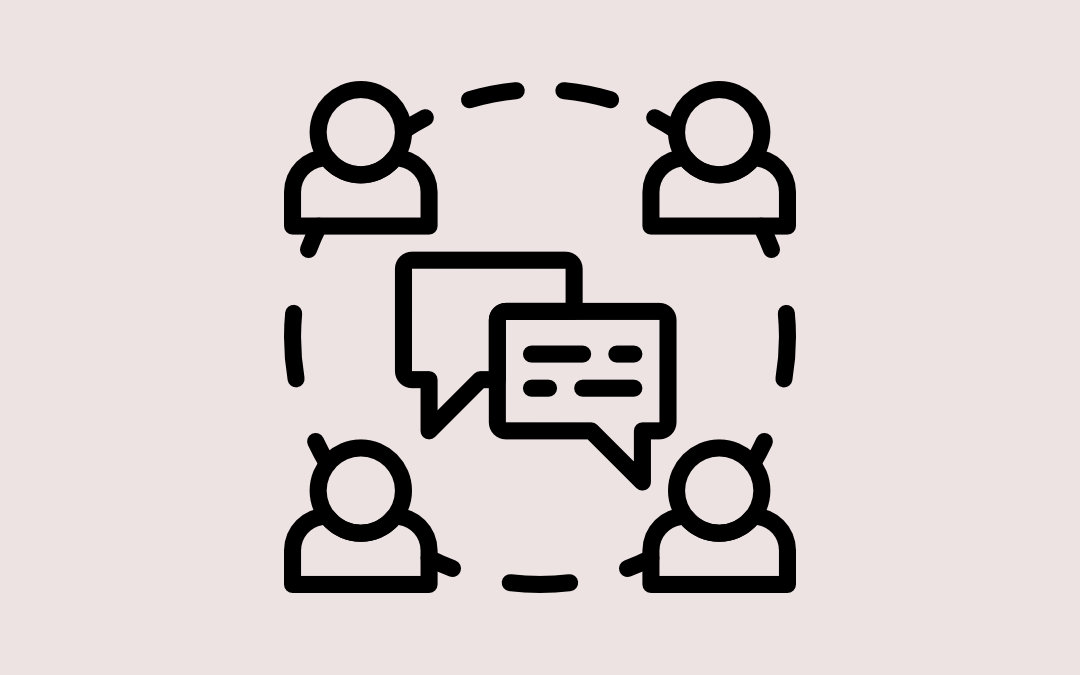In Germany, English remains the most in-demand language for interpretation. This might surprise you, given that English has become a ubiquitous lingua franca. The general perception is that more people can read, write, understand, and speak English better than ever before. So why is there still such a high demand for English interpreters?
Below, we present some scenarios in which our English interpreters work.
Works Council Chairman of a Logistics Company:
We are legally required to hold our event in German. At the same time, we have an increasingly international workforce that does not speak German well enough. Initially, we held the event twice—once in German and once in English. But when we calculated the cost of our working hours, we realized that simultaneous interpretation by English interpreters was the more cost-effective solution.
Researcher at a Research Institute:
I work in research and publish in English. But when it comes to discussing the topics that are important to our institute here in Germany, I want to be able to speak in German. Of course, I know how to say “particle accelerator” in English, but when we talk about the pitfalls of the German funding landscape and third-party funding, I struggle to find the right words.
Organizers of Civil Society Webinars:
Our webinars target a broad audience, so they are primarily conducted in German. To provide a broader perspective, we regularly invite international experts. For them, we offer professional interpretation by two English interpreters, allowing them to follow the entire event. The audience also has the opportunity to listen to the interpretation.
Senior Executive at a Mechanical Engineering Company:
My English is quite good. I use it frequently at work. But in our international partner meetings, colleagues from the U.S. also participate. When they speak, it’s much faster. That’s when I like to put on the headphones for interpretation. These meetings are long, and using interpretation helps me concentrate better on the content.
Senior Executive at an International Payment Service Provider:
When I started at this company, no one knew that we would first be taken over by a Scandinavian company and later by an Italian one. While many IT-related terms are in English, that alone isn’t enough for our strategic meetings. And when our new brand was introduced, there was simultaneous interpretation between English, Italian, and German. I really appreciated that because, for once, the company acknowledged that not everyone speaks and understands English fluently.
These are just a few examples of when English simultaneous interpreters are needed. They demonstrate that the demand remains high and that the fields of application are diverse.
Barbara Kagon
Maybachstr. 167
50670 Cologne
0151 5077 4448
info@kagon-kommunikation.de
Barbara.Kagon@DolmetscherExperten.de
